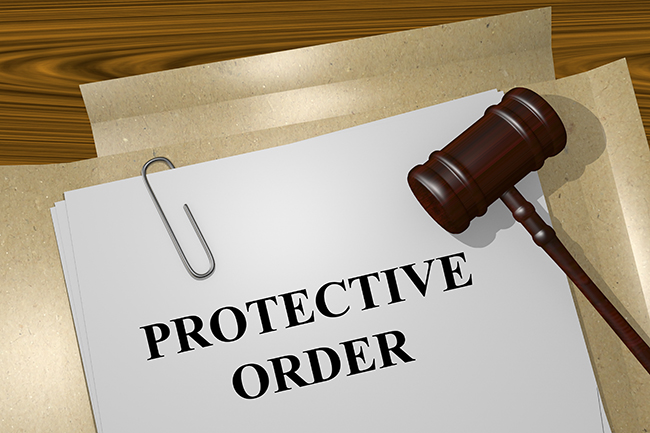
Understanding Protective Orders in Utah
In Utah you can and need to, obtain a protective order if your spouse, significant other, partner, boyfriend or girlfriend, or other acquaintance displays aggression towards you. First and foremost, if you are in immediate or imminent danger, call 911. If the situation does not warrant calling 911 but requires you to take further action, perhaps a protective order is needed. A protective order is issued by the Court, initially by a Commissioner. A protective order is put in place to protect a victim from violence. A protective order can place restrictions on a person such as:
- Ordering a person to commit no violence toward the people listed on the Order.
- Ordering no communication in any way with the people listed on the Order.
- Ordering a person to stay away from a specific area such as a home, work, school, or a place of worship.
- Ordering a person to comply with restrictions in a specific area such as work, school, and place of worship.
- Ordering a person to not own, possess, have, or buy a firearm or other type of weapon. Essentially, that person will lose the right to bear arms.
Protective orders in Utah
If the person whom the protective order is issued against violates any part of the protective order they could face jail time. More specifically, if you violate a protective order, you could be charged with a Class A misdemeanor. Under Utah law a Class A misdemeanor is punishable by up to one year in jail and a fine up to $2,500.00.
A protective order does not take the place of a divorce decree, permanent custody order, or child support order. However, it is a relatively quick process that may need to be put in place while a divorce decree or other Order is obtained.
Once the order has been served
Once you have obtained a protective order, it will be served upon the person who it is directed towards. After the entry of a protective order, a hearing will be held to determine whether or not the terms outline in the protective order need to be permanent or altered. During the hearing, if the Commissioner is shown evidence of domestic violence, a threat of domestic violence, or fear of imminent harm, the Commissioner will typically recommend the entry of a permanent protective order. The Commissioner’s recommendations can be objected to and an evidentiary hearing can be scheduled with the District Court. An attorney can steer you through the process of obtaining a protective order, which in turn, can impact your divorce or custody action.
Leave a reply

Leave a reply